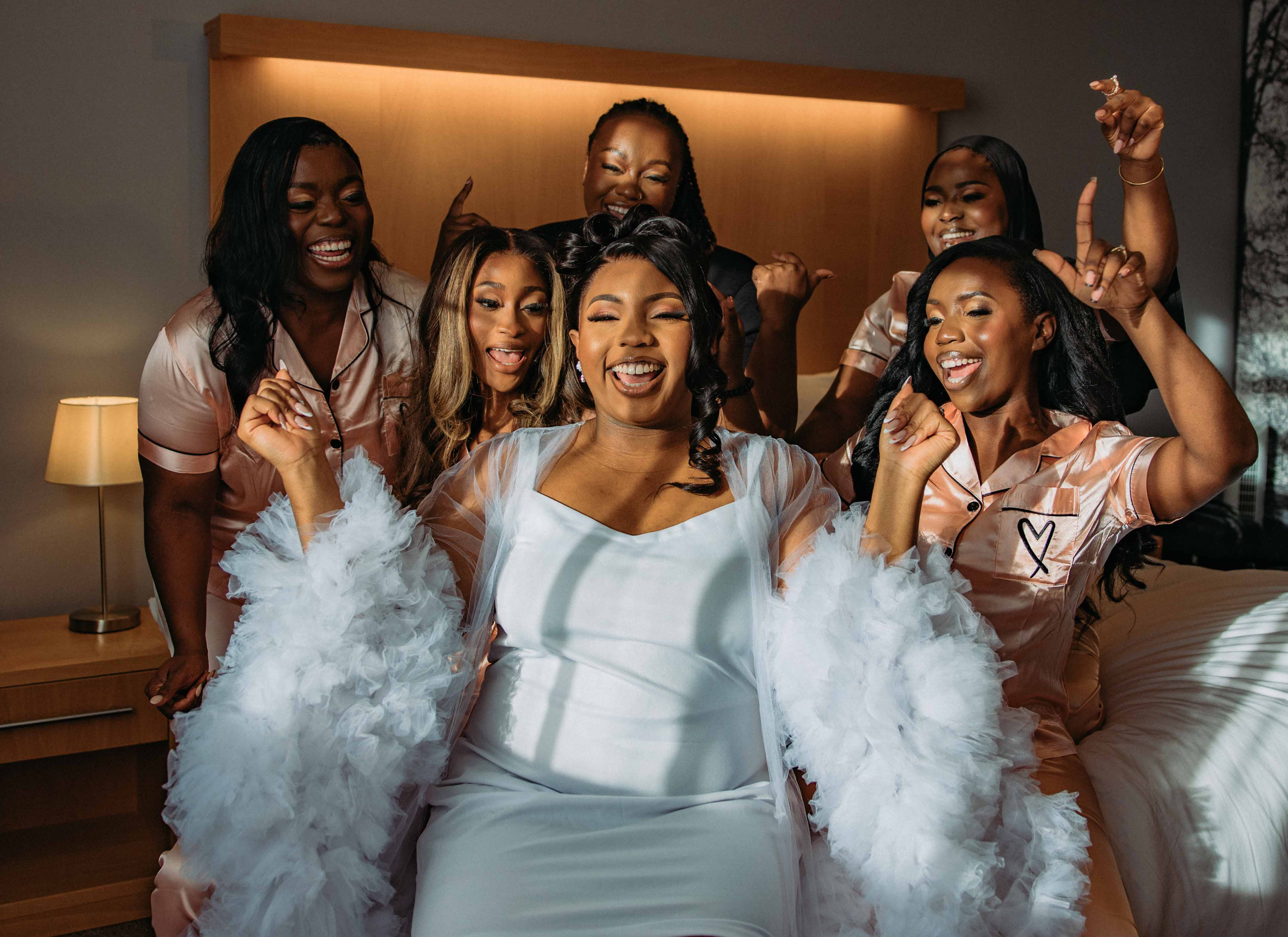The golden hour, that magical time just after sunrise or before sunset, offers photographers the most flattering natural light for portraits. In this comprehensive guide, we'll explore advanced techniques to help you master this beautiful lighting condition.
Understanding Golden Hour
Golden hour occurs when the sun is low on the horizon, creating warm, soft light that's incredibly flattering for portraits. The key characteristics include:
- Warm color temperature (2500K-3000K)
- Soft, diffused shadows
- Even lighting across the subject
- Beautiful rim lighting opportunities
Camera Settings for Golden Hour
Getting your camera settings right is crucial for golden hour photography:
- Aperture: f/1.4 to f/2.8 for shallow depth of field
- ISO: Keep it low (100-400) to maintain image quality
- Shutter Speed: Fast enough to avoid camera shake
- White Balance: Daylight or slight warming
Positioning Your Subject
The way you position your subject relative to the light source can dramatically affect your results:
- Backlighting: Creates beautiful rim light and separation
- Side lighting: Adds dimension and mood
- Front lighting: Provides even illumination
Pro Tip: Using Reflectors
Even during golden hour, a reflector can help fill in shadows and add catchlight to your subject's eyes. A simple white or gold reflector can make a significant difference in your final image.
Common Mistakes to Avoid
Here are some pitfalls that even experienced photographers can fall into:
- Overexposing the highlights
- Not checking your histogram
- Focusing on the wrong part of the subject
- Not considering the background
Remember, golden hour is fleeting – typically lasting only 20-30 minutes. Plan your shoot in advance, arrive early, and be ready to work quickly to capture the best light.
